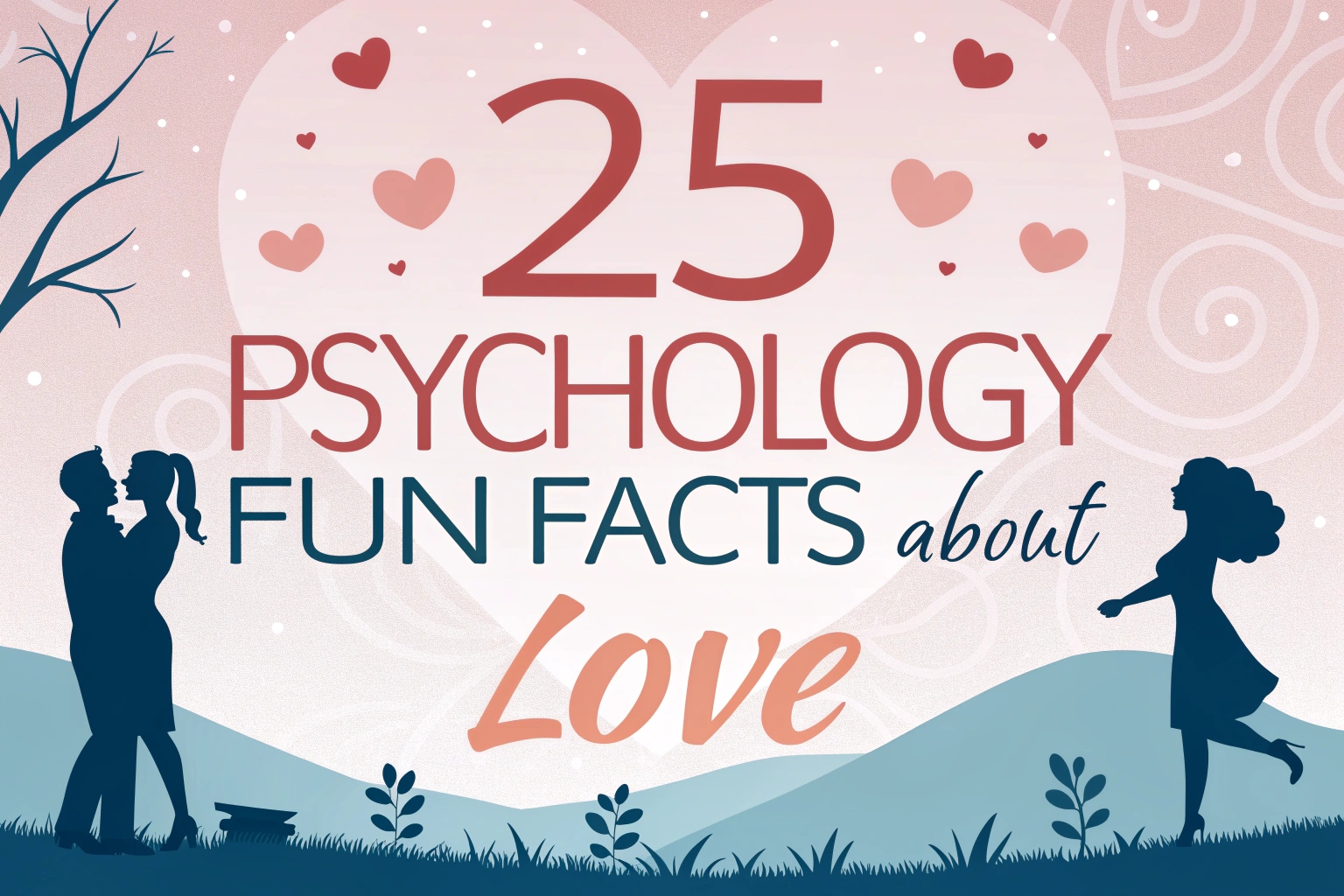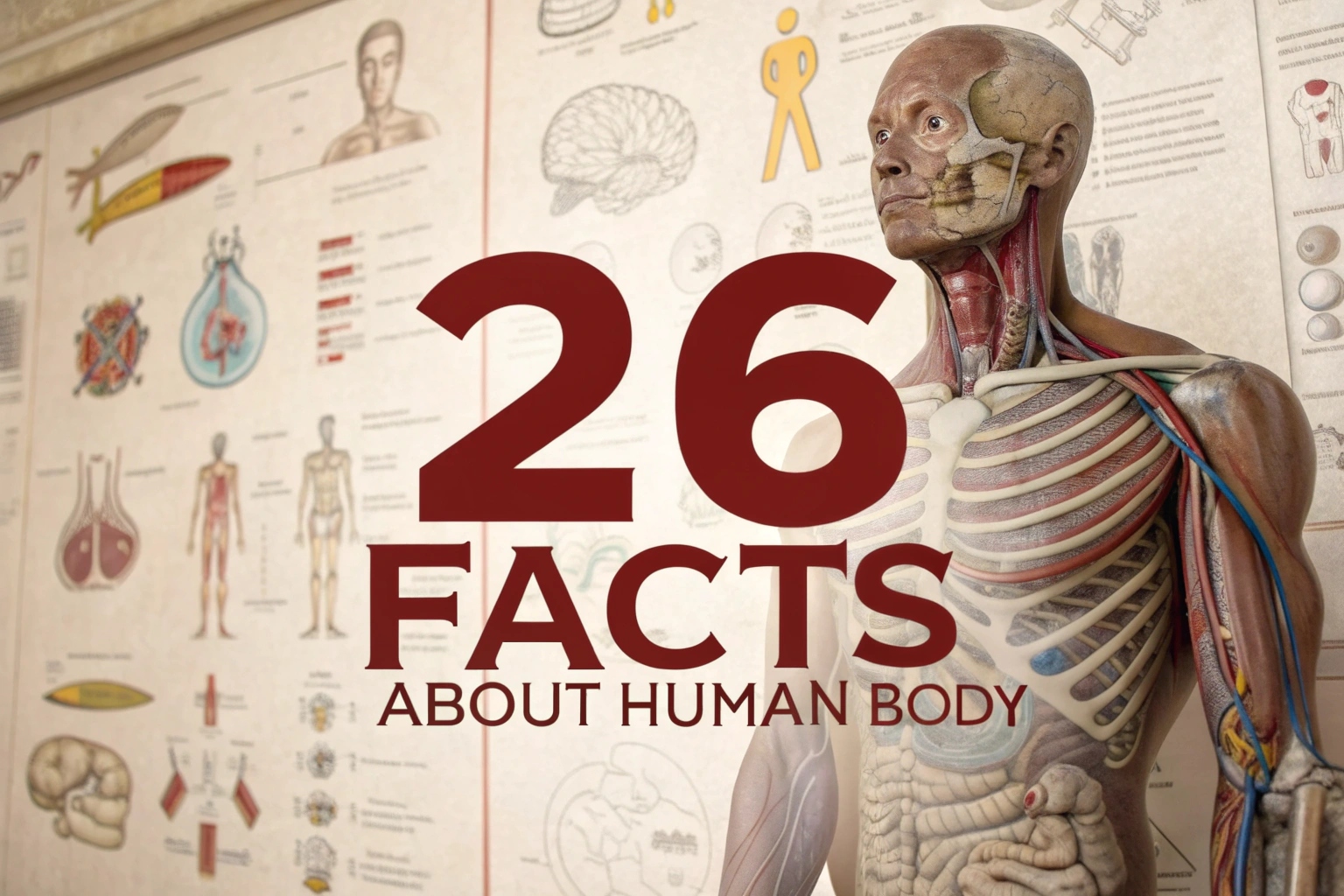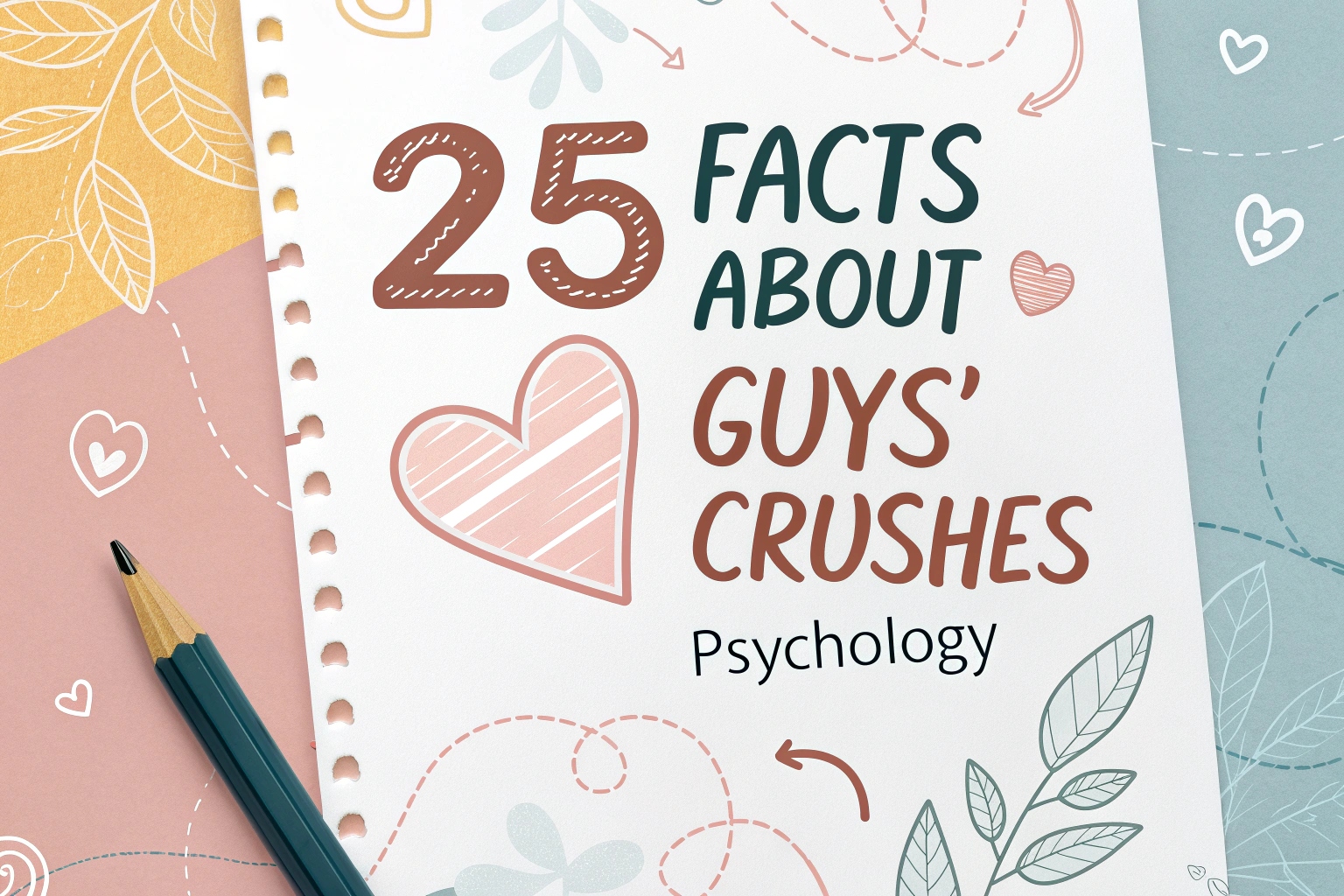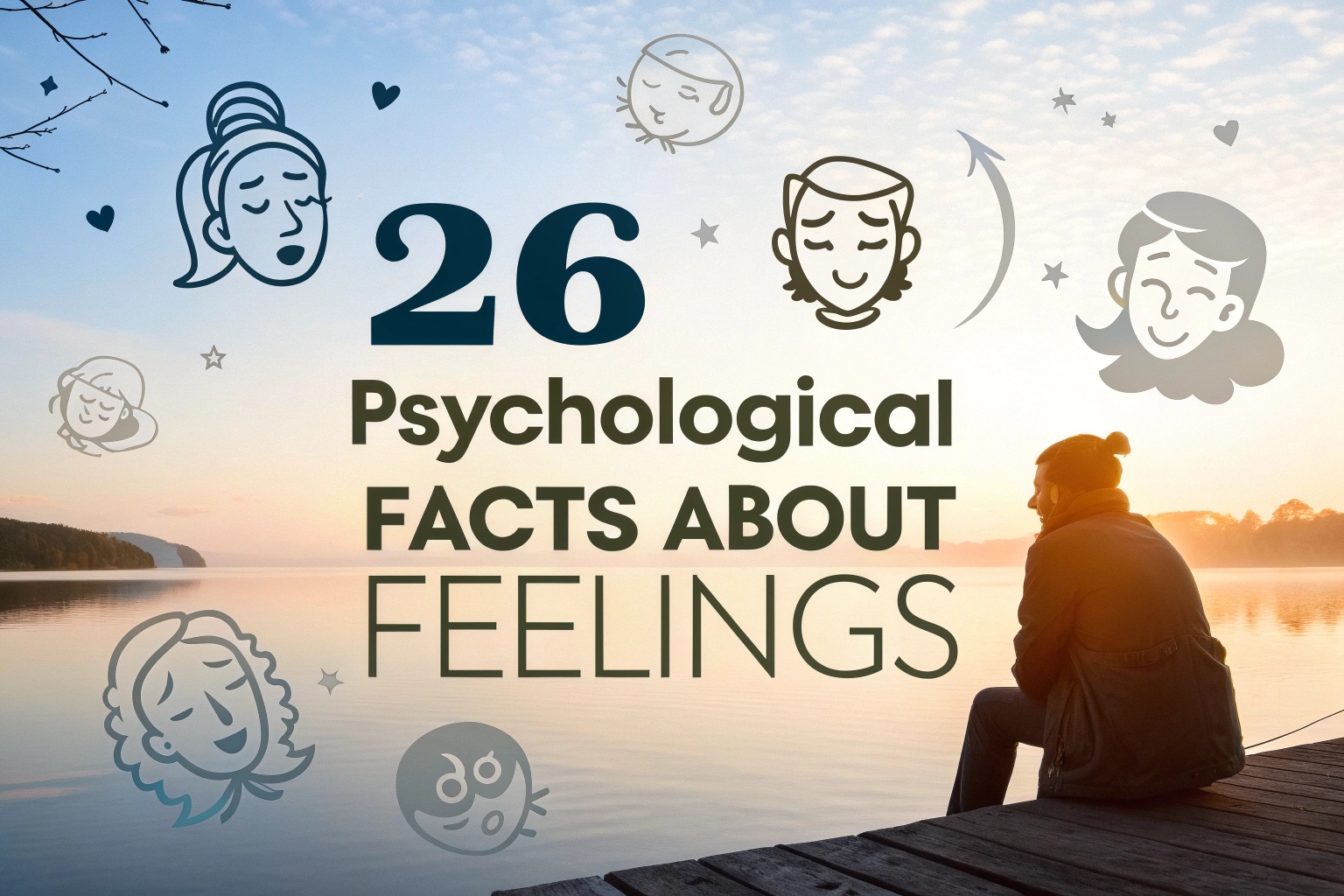The human heart is more than just a symbol of love — it’s a hardworking organ that powers every moment of our lives. Beating over 100,000 times a day, your heart pumps blood, delivers oxygen, and maintains balance in ways we often take for granted.
Whether you’re curious about how emotions affect heart health or amazed by its natural intelligence, the heart is full of fascinating surprises. In this post, we’ll explore 12 lesser-known but incredibly intriguing facts about the heart that might just change how you see this vital organ.
1. Your Heart Beats Over 100,000 Times Daily
Your heart works around the clock, beating approximately 100,000 times each day. That adds up to over 35 million beats a year! What’s more impressive is that it does all this without rest, driven by its own electrical system.
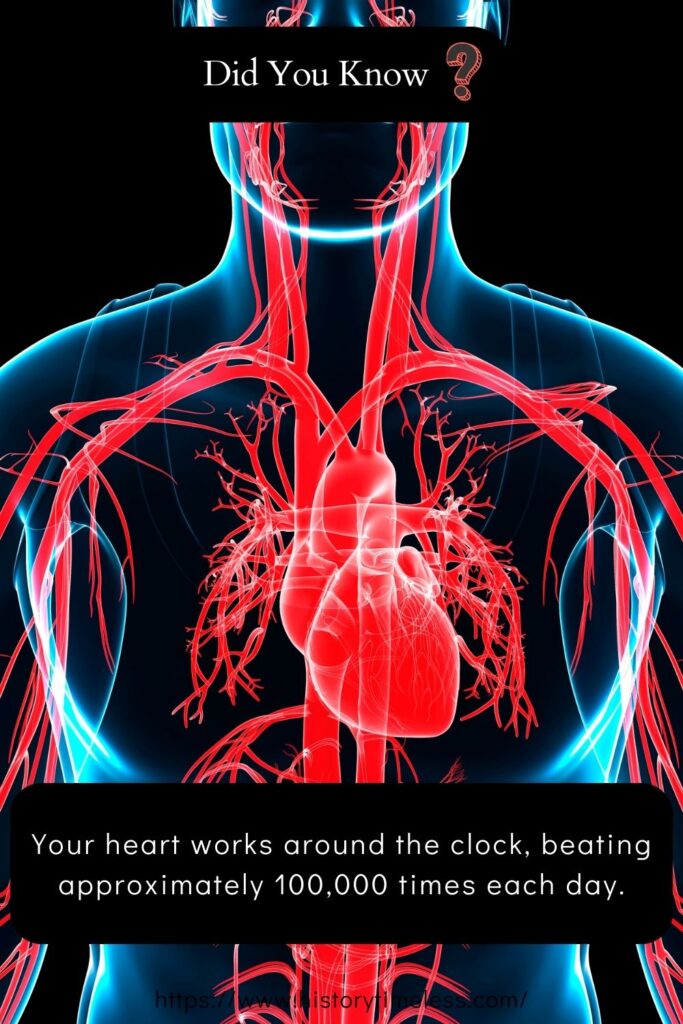
Even when you’re asleep, your heart keeps pumping, adjusting its rhythm to match your body’s needs. It’s a reminder of just how resilient and tireless this muscle truly is.
2. The Heart Has Its Own Electrical System
Unlike other muscles that rely on nerve signals from the brain, the heart has its own built-in electrical system called the cardiac conduction system.
This unique feature allows the heart to generate and regulate its own rhythm. That’s why a heart can continue to beat for a short while even when removed from the body under the right conditions. It’s like a natural backup generator built right into your chest.
3. Laughter Is Actually Good for Your Heart
It turns out laughter really is the best medicine—at least for your heart. When you laugh, your body releases feel-good chemicals like endorphins and reduces stress hormones like cortisol.
This leads to improved blood flow and lower blood pressure. In fact, laughing regularly may help improve your blood vessel function and reduce the risk of heart disease. So yes, those comedy nights are a form of heart therapy!
4. A Woman’s Heart Beats Faster Than a Man’s
Biologically, women tend to have smaller hearts than men, which means their hearts need to beat faster to pump the same amount of blood. On average, a woman’s heart beats about 8–10 times more per minute than a man’s.
This difference becomes especially noticeable during physical activity or stress. It’s a fascinating detail that shows how even the tiniest anatomical differences can have a major impact.
5. Your Heart Communicates With Your Brain
The heart sends more signals to the brain than the brain sends to the heart. Research has shown that the heart and brain are in constant communication, and your emotional state can significantly influence your heartbeat.
This is why stress, anxiety, or love can cause noticeable changes in your heart rhythm. It’s not just a poetic metaphor — there’s real science behind the phrase “listen to your heart.”
6. Broken Heart Syndrome Is a Real Condition
“Broken heart syndrome,” or Takotsubo cardiomyopathy, is a real and medically recognized condition. It’s triggered by intense emotional stress, like the loss of a loved one or a major life event.
Symptoms can mimic those of a heart attack, including chest pain and shortness of breath. Fortunately, most people recover fully, but it’s a powerful reminder of how deeply emotions can impact physical health.
7. Your Heart Can Pump Blood to Itself
While the heart pumps blood to the rest of the body, it also takes care of itself through its own network of coronary arteries. These arteries supply oxygen-rich blood directly to the heart muscle.
If these arteries get blocked, it can lead to a heart attack. So, yes — even the heart has to look out for itself to keep working smoothly!
8. The Left Side of the Heart Works Harder
The left side of your heart pumps oxygenated blood out to your entire body, while the right side pumps deoxygenated blood to the lungs.
Because the body requires higher pressure to deliver blood to distant organs and tissues, the left side of the heart has thicker walls and works harder than the right. It’s a subtle but powerful example of how the body balances efficiency and function.
9. Your Heart Can Beat Faster Just by Thinking
Have you ever noticed your heart racing during a stressful thought or memory? That’s because your brain’s emotional response can stimulate the heart through the autonomic nervous system.
Simply anticipating something exciting or scary can cause your heart rate to spike. It’s your body’s way of preparing for action — even if it’s just in your mind.
10. Cold Weather Can Affect Heart Health
Cold temperatures can cause blood vessels to constrict, which raises blood pressure and forces your heart to work harder. That’s why there’s often an increase in heart attacks during the winter months.
Staying warm, hydrated, and physically active can help reduce this risk, especially for people with preexisting heart conditions. Even something as simple as layering up can support your heart in colder climates.
11. Heart Cells Don’t All Beat Together at First
In the early stages of heart development in an embryo, the cells don’t beat in a coordinated way. Over time, these cells begin to synchronize — an incredible natural process that leads to a fully functioning heartbeat.
This shows just how intelligently the body organizes itself, starting with something as essential as rhythm. Your heart literally finds its own beat before you’re even born.
12. Exercise Makes Your Heart More Efficient
Regular aerobic exercise strengthens the heart muscle, allowing it to pump more blood with each beat. As a result, your resting heart rate goes down, because your heart doesn’t have to work as hard to maintain circulation.
This improved efficiency lowers the risk of heart disease and boosts overall health. Whether it’s walking, swimming, or dancing — every move helps your heart become a better version of itself.
13. Your Heart Starts Beating Before You’re Born
The human heart starts beating as early as 3 weeks after conception—long before many people even realize they’re pregnant. This tiny heartbeat is detectable by ultrasound around 6 weeks.
It begins as a simple tube-like structure and gradually develops into a complex four-chambered organ. That early rhythmic beat is the very first sign of life, laying the groundwork for every other system in the body.
14. A Bigger Heart Isn’t Always a Better Heart
An enlarged heart, known as cardiomegaly, may sound like it would be more powerful, but it’s usually a sign of trouble. When the heart is forced to work harder than normal — due to high blood pressure, valve disease, or heart failure — it can enlarge and weaken over time.
Think of it like an overstretched rubber band: it loses its ability to snap back efficiently. Bigger doesn’t always mean better, especially for this vital muscle.
15. The Heart Pumps About 2,000 Gallons Daily
Your heart is a high-volume machine, pumping roughly 2,000 gallons (7,500 liters) of blood every single day. That’s enough to fill a small backyard pool! All that blood travels through a vast network of blood vessels—over 60,000 miles long.
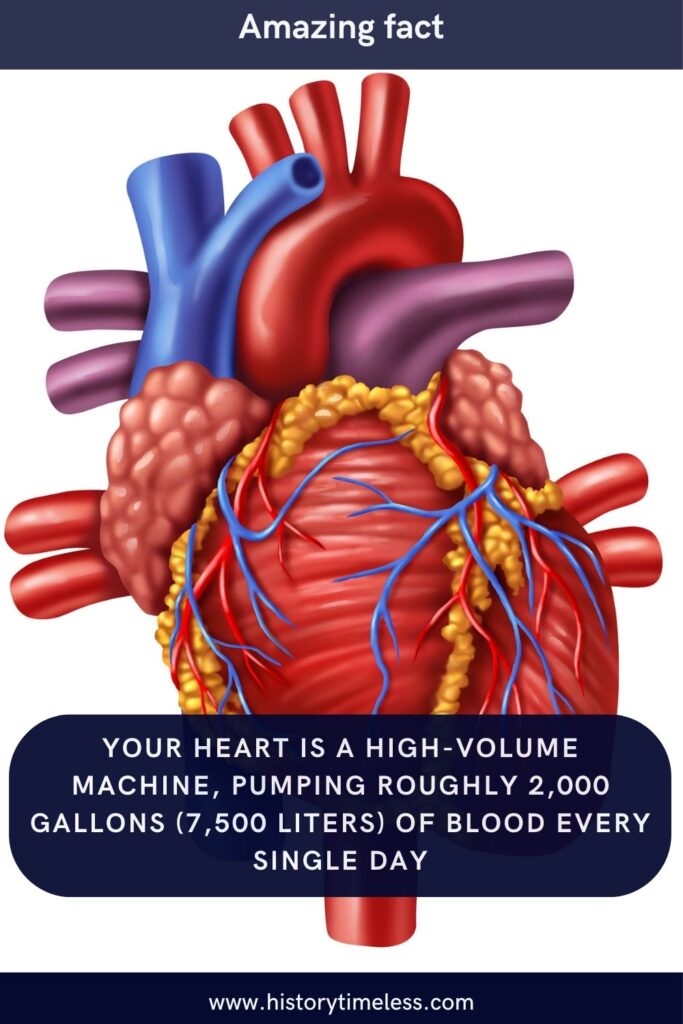
This relentless circulation ensures oxygen, nutrients, hormones, and immune cells are constantly reaching every cell in your body.
16. Your Resting Heart Rate Reveals Your Fitness
Your resting heart rate is a solid indicator of cardiovascular health and fitness. Generally, the lower your resting heart rate (within reason), the more efficient your heart is. Trained athletes often have resting heart rates as low as 40 beats per minute.
On the other hand, a consistently high resting heart rate could point to stress, poor fitness, or underlying health issues. It’s a simple number that says a lot.
17. The Heart Responds to Music and Rhythm
Have you ever noticed your heartbeat aligning with a song’s tempo? Studies have shown that music can directly affect your heart rate and blood pressure.
Slow, calming music can reduce stress and create a slower heartbeat, while fast-paced music can increase arousal and energy. Music therapy is even used in some hospitals to help patients lower anxiety and regulate their heart rate post-surgery.
18. Heart Attack Symptoms Differ in Women
While men often experience classic chest pain during a heart attack, women may have subtler symptoms like nausea, fatigue, shortness of breath, or back pain.
These differences sometimes lead to misdiagnosis or delayed treatment. Raising awareness of these variations is essential for early detection and prevention. The heart doesn’t always shout — sometimes it whispers, especially in women.
19. Your Heart Doesn’t Rest, Even During Sleep
While your breathing and digestion slow during sleep, your heart keeps going strong. In fact, it uses sleep time to repair itself, regulate hormones, and recover from the day’s activity.
Deep sleep helps lower blood pressure and heart rate, giving your cardiovascular system a much-needed break. Poor sleep or sleep apnea, on the other hand, can increase the risk of high blood pressure and heart disease over time.
20. Pets Can Actually Improve Heart Health
Owning a pet, especially a dog, has been linked to lower blood pressure, reduced stress, and better heart health. Walking a dog encourages physical activity, and the companionship reduces feelings of loneliness or anxiety.
Studies have shown pet owners often have lower cholesterol levels and are more likely to survive heart-related events. It’s one of the warmest prescriptions for a healthy heart: love a pet!
21. The Heart is Slightly Tilted in Your Chest
Your heart isn’t located exactly where most people think. It sits slightly to the left of your chest, tilted so the bottom points to the left hip and the top leans toward the right shoulder.
This angled position is why your heartbeat is most noticeable on the left side. That’s also why doctors place a stethoscope slightly left of center to listen for those iconic “lub-dub” sounds.
22. Extreme Emotions Can Trigger Heart Problems
Strong emotions like grief, rage, or fear can have real effects on your heart. Known as emotional cardiomyopathy, this condition can cause heart rhythm issues or even mimic a heart attack.
It’s often triggered by traumatic news or emotional shock. While rare, it illustrates the profound mind-body connection. Managing emotional health is just as important as physical activity when it comes to your heart.
23. The Heart Works Harder Than Any Other Muscle
While skeletal muscles get breaks between workouts, the heart never stops. It’s the hardest-working muscle in your body, contracting non-stop from birth to death.
Over an average lifespan, your heart will beat about 2.5 billion times. That’s a staggering workload, and yet it rarely complains — unless something’s wrong. Its endurance is a true marvel of biology.
24. Heart Disease Is the World’s Leading Killer
Despite medical advances, heart disease remains the number one cause of death globally. Poor lifestyle habits like smoking, inactivity, processed diets, and chronic stress play major roles. The good news? It’s largely preventable.
A balanced diet, regular movement, good sleep, and managing stress can significantly lower your risk. Taking small, consistent steps today can lead to a much healthier heart tomorrow.
25. Your Heart Generates a Powerful Electromagnetic Field
The heart’s electrical activity creates an electromagnetic field that is measurable several feet outside the body. In fact, it’s the most powerful bio-electric field of any organ, even stronger than the brain. This field can change based on your emotional state and may even influence those around you.
Researchers in the field of neurocardiology are studying how heart-brain coherence can promote better emotional regulation and relationships. You’re literally radiating heart energy every moment of the day!
26. Heart Rate Variability Is a Marker of Health
Heart Rate Variability (HRV) is the variation in time between each heartbeat, and it’s a powerful indicator of your body’s resilience and stress levels. A high HRV typically means your heart is adaptable and your nervous system is in balance.
Athletes and wellness experts often track HRV to monitor recovery and mental health. It’s like a hidden heart rhythm that tells a deeper story beyond beats per minute.
27. Your Heart Can “Remember” Trauma
The idea that the heart has memory isn’t just poetic — some research and anecdotal evidence, especially from heart transplant recipients, suggests that memories, preferences, and emotions can seemingly transfer with the new heart.
Though controversial and not fully understood, this phenomenon has fueled theories that the heart may store emotional data, not just pump blood. Whether literal or symbolic, the connection between heart and experience is powerful.
Check out more captivating knowledge:
26 Psychology Fun Facts Relationship Will Change How You See Love!
25 Facts About Harry Potter Even Hardcore Fans Often Miss!
26 Psychological Facts About Love That’ll Shock You
28 Wild Horse Facts That’ll Totally Blow Your Mind!

